Avicenna (970-1037) the 11th century medical savant and philosopher foretold the imperative role of emotions on human psyche and behavior. He wrote in his preeminent book, The Canon of Medicine : “Emotions impact health and behavior, and they should be managed to gain self-mastery.” Centuries later, James Gross, director of the Stanford Psychophysiology Laboratory known with his emotion regulation model explains: Emotional regulation refers to the process by which individuals influence which emotions they have, when they have them, and how they experience and express their feelings. Human ability to control and regulate emotions using reason and willpower is …
Category: Science
The Pythagoreans believed that music was a purification for the soul, just as medicine was a purification for the body. The ancient Greek philosopher and polymath, Pythagoras (c. 570 – 495 BC) said that all things in cosmos – κόσμος are made of numbers ensuring that the universe functions in order and harmony. Known with his pioneering theories on music and mathematics, he proclaimed that cosmos is in harmonious motion precisely timed and structured. The harmonious and repetitive rotations of the spheres emit celestial melodies which he phrased as musica universalis – the music of the spheres. He put forth …
Goethe’s theory of colors and how the eye sees and simultaneously creates its own color The great poet and savant Johann Wolfgang von Goethe (1749-1832) passionately explored the phenomenology of light and colors witnessed by the human eye, and collected his findings in Farbenlehre (Theory of Colors). His innovative doctrine of physiological colors, though dismissed by some due to lack of empirical data in his epoch, would later lead to wide repercussions in the centuries to come in art, physics and philosophy. He proclaimed that the colors referred to as physiological pertain to the subject, the organ of sight, …
How the intelligence of the trees is measured and what it means for maintaining our life on earth Plants are sentient beings which have emotions, who feel the pain when damaged, enjoy Mozart, can respond to unspoken thoughts of humans and more. Cleve Backster, a former intelligence agent, best known for his experiments with plants using a polygraph (lie detector) instrument in the 1960s long before science has discovered the intelligence of plants capable of cognition, learning, memory and communication. He hooked up the galvanometer of the polygraph instrument to his house plant and to his astonishment, he found that …
Life is hardly more than a fraction of a second. Such a little time to prepare oneself for eternity ! – Paul Gauguin The human quest for immortality dates back to ancient Mesopotamia (2100 BC), to the Epic of Gilgamesh. In his grief following the death of his companion, Gilgamesh undertakes a long and perilous journey to discover the secret of eternal life. At the end of his journey, the secret is unveiled to him : “ Eternal life which you look for you will not find here. For when God created man, He let death be his share.” …
To solve the mystery of creation, the eye of the physicist should look for what really is out there, not what he thinks there should be. Pablo Carlos Budassi born in Argentina (1980), a talented mathematician, musician and artist with many award-winning spatial design works, made a simple drawing of the cosmos for his son’s birthday. He used the logarithmic maps of the physicists, photographs taken by Nasa and his photoshop app. His logarithmic illustration of the observable universe became globally famous. The physicists acclaimed his work and marked it as the simplest up-to-date picture of the universe. In the …
“Between the stimulus and response, there is a space and in that space lies our freedom and power to choose our response. In our response lies our growth .” Having survived the concentration camps during World War II, Viktor Frankl wrote his renowned book Man’s Search for Meaning in 1946. He asks the fundamental question “What is the meaning of life ?” The answer, he says, does not lie in theories on life or in meditative thoughts. The meaning is crafted by our conduct. When we ask what life expects from us rather than what we expect from life, we …
“Possession is nine tenths of the law” used to say my honorable teacher at university. Years later, I came across this exceptional book, Overcoming Jealousy, the best one I have read on the prominent urge to possess and the displays of jealousy in us humans. Thoroughly illuminating this hidden emotion, it renders it both accessible and palpable while showing efficient ways to deal with it through examples drawn from real life. An intricate emotion which we do not want to attribute to ourselves, and prefer to not talk about to avoid kindling the feelings of shame, distress, and sorrow. …
“How we spend our days is, of course, how we spend our lives,” says author Annie Dillard. Goethe, meticulous about the passage of time reflects: “Every second is of infinite value” for one who captures it. Seneca states that what we do each day figures the meaning of our life and calibrates the “relative” passage of time. He says, “ Life, if lived well, is long enough, ” and one can depart with a sense of contentment. In his renown work, Divine Comedy, Dante vividly alludes to the consequences of our conduct in life, as to how they determine …
“When you die, you actually know you are dead because your consciousness continues to exist …” says Sam Parnia, director of the first critical care and resuscitation research lab in the world at New York’s NYU Langone Medical Center. Known with his AWARE research, his lab has been studying hundreds of people who had Near-Death Experience (NDE) – who were clinically dead but were brought back to life by resuscitation after a cardiac arrest. The time lapse in-between actual death and coming back to life varied in each case from a few seconds to more than 20 minutes . …



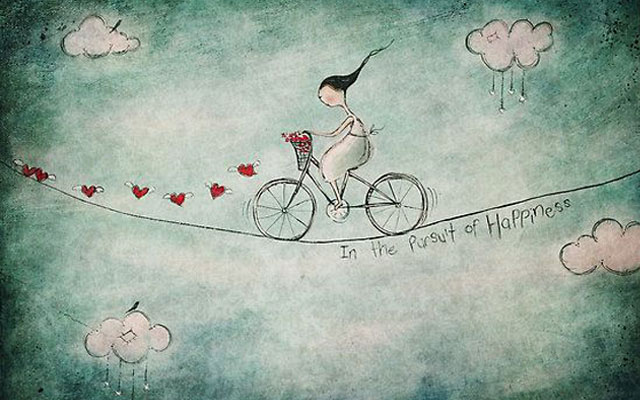
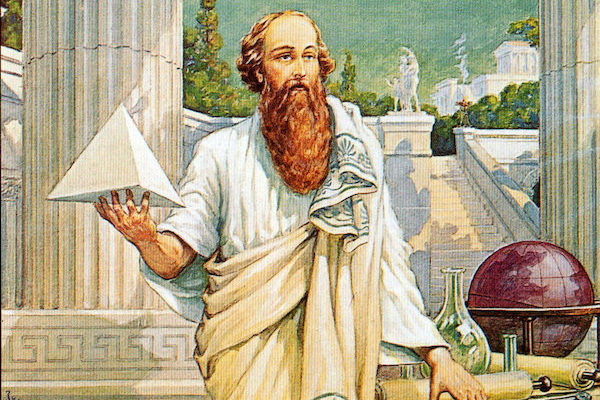
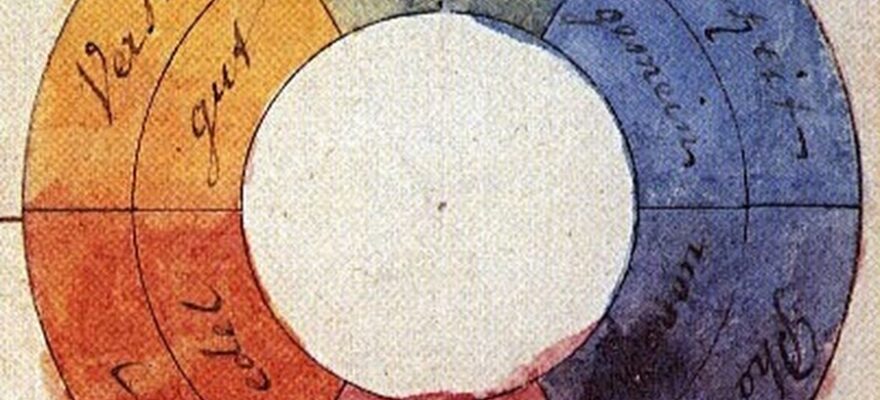


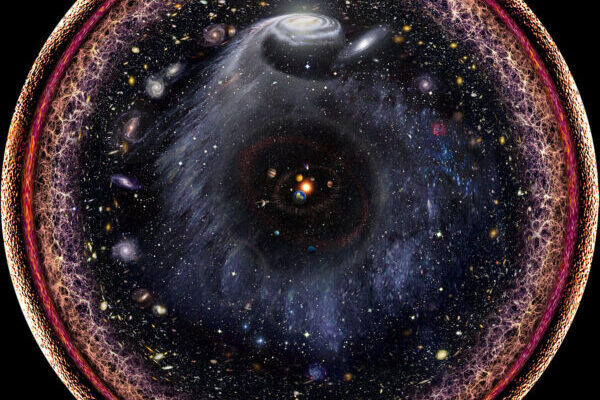



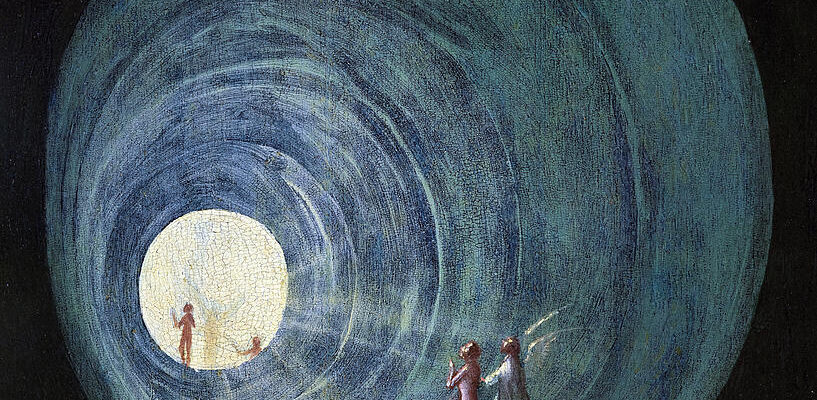





Social Profiles